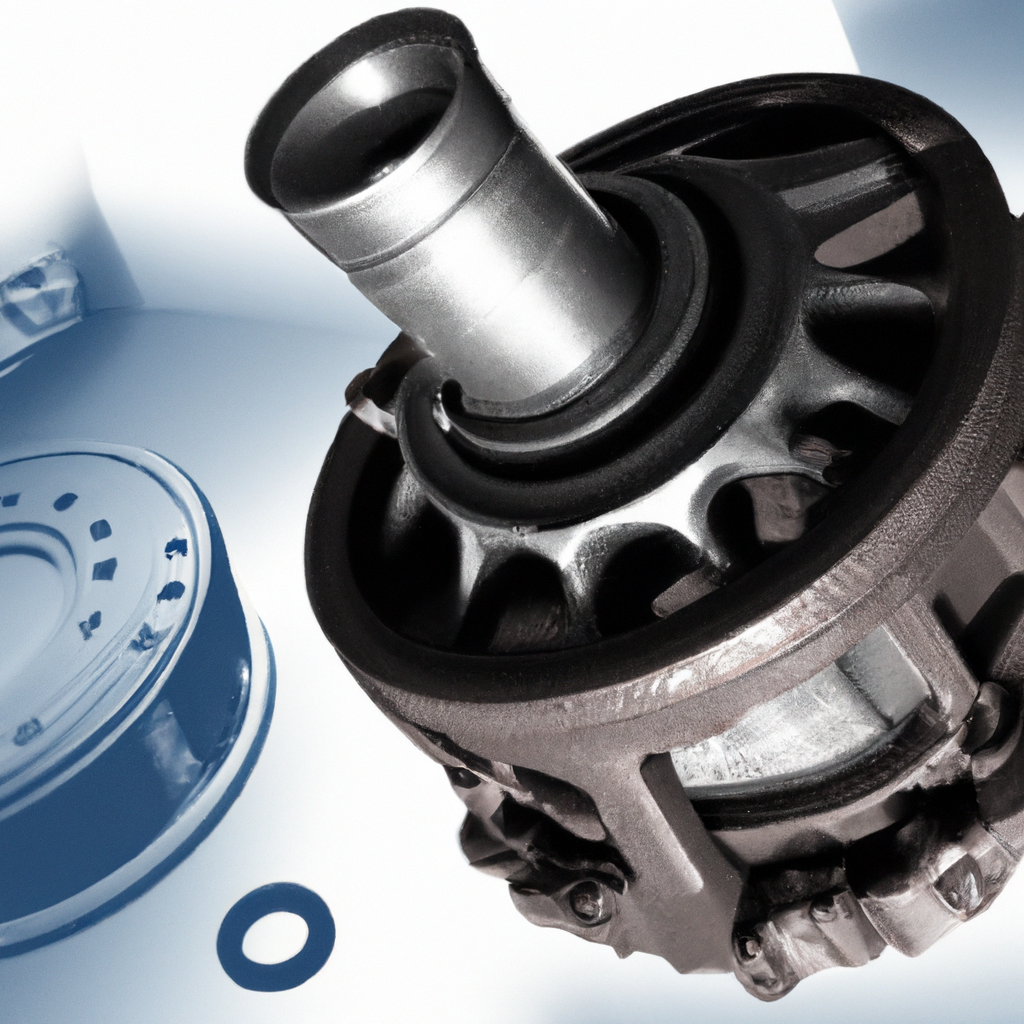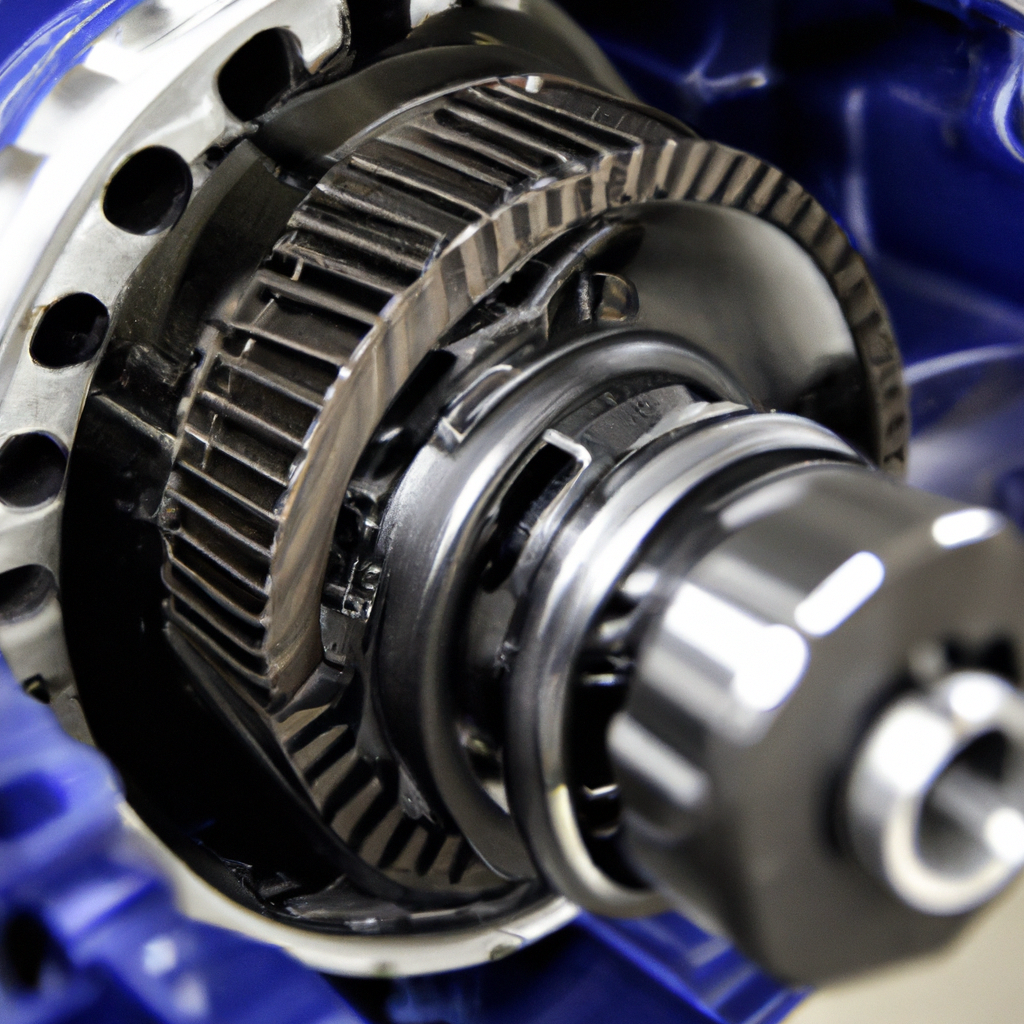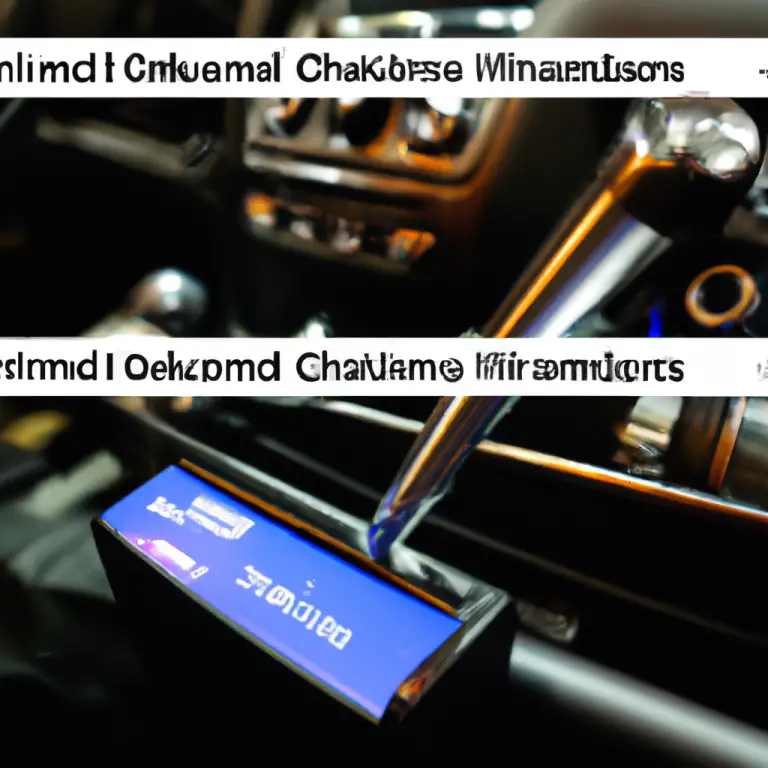Ford Escape Torque Converter Recall
In the midst of its enduring legacy of delivering world-class vehicles, Ford stands on the heels of an important torque converter recall concerning its Ford Escape model. This highly significant development has ramifications that resonate with a broad spectrum of individuals – from Ford owners and self-proclaimed do-it-yourself enthusiasts, to professional mechanics and those engrossed in the world of Ford vehicle upkeep. Outlined in this comprehensive and meticulously researched article, we seek to illuminate the context, consequence and remedy of the Ford Escape Torque Converter Recall, threading in a collection of intricate details and indispensable insights that will arm the readers with a well-rounded understanding around this pivotal recall.
Overview of Ford Escape Torque Converter Recall
As an owner of a Ford Escape or someone who is keen on vehicle maintenance, you may have heard about the recent recall concerning the torque converter. This article aims to provide a comprehensive understanding of the critical features of this recall, the potential impact, and what steps you should take if your vehicle was affected.
Reason behind the recall
The recall was initiated following concerns about a potential defect in the torque converter used in certain Ford Escape models. Substandard components within the torque converter can lead to catastrophic failure, resulting in damage to the transmission and loss of vehicle power. In severe cases, this failure could occur while the vehicle is in motion, thereby significantly raising the risk of an accident.
Affected Ford Escape models
The recall covers specific models of the Ford Escape, particularly those manufactured between 2001 and 2008. If you own a Ford Escape within this production range, you should be alert to the possibility that your vehicle may be affected.
Symptoms of faulty torque converter
The symptoms of a faulty torque converter are several; they range from transmission slippage, overheating, shuddering, increased stall speed, and in some extreme cases, a complete loss of drive power. If you notice any unusual noises or behavioral changes in your vehicle, it’s crucial to have it evaluated immediately.
Understanding the Role of a Torque Converter
To fully grasp the implications of the Ford Escape recall, it’s essential to understand what a torque converter does and how it functions within your vehicle.
Function of a torque converter in a vehicle
In automatic transmission vehicles like the Ford Escape, the torque converter is what connects the engine to the transmission. It smoothly transfers the engine’s power to the transmission, enabling the vehicle to move and shift gears without interruption.
Operational dynamics of a torque converter
A torque converter consists of three main components: the pump, the turbine, and the stator. The pump is attached to the engine and spins at the same speed. The turbine follows the pump, but at a slower pace, and the stator helps increase the torque by redirecting the flow of transmission fluid from the turbine back to the pump.
Common problems with torque converters
Common problems with torque converters include overheating, slippage, dirty fluid, shuddering, and solenoid problems. The most catastrophic of these is a complete torque converter failure, where the converter cannot transfer any power from the engine to the transmission.

Details of the Ford Escape Recall
Having understood the role of the torque converter, let’s delve into the specifics of the Ford Escape recall.
Specific issues with the Ford Escape torque converter
The key issue in the recall revolved around substandard material or welds in the torque converter’s components, which could fail unexpectedly. This failure would lead to a loss of connection between the engine and transmission, rendering the vehicle immobile.
Implications of these issues
The consequences of these failures could be severe. Loss of vehicle power or inability to move poses a significant risk, particularly if this occurs while driving. This risk was the primary reason behind Ford’s decision to initiate the recall.
Number of vehicles affected by the recall
While the exact number is not publicly known, the recall has affected thousands of Ford Escape models across the country. Ford has been proactively reaching out to the owners of these vehicles to update them on the situation and the next steps.
What to Do If Your Vehicle Is Affected by the Recall
If you own a Ford Escape, there are specific actions you need to take to ensure your safety and comply with the recall.
Steps to verify if your vehicle is affected
You should first verify if your car is part of this recall. To do this, check your vehicle’s VIN (Vehicle Identification Number) on Ford’s website or the National Highway Traffic Safety Administration (NHTSA) website. If your car is affected, you will receive specific instructions on the next steps.
Instructions to follow post recall
Once confirmed that your vehicle is part of the recall, promptly schedule an appointment with your local Ford dealership. They will inspect your vehicle and perform necessary repairs or replacements free of charge.
Contacting Ford for support
For additional support, you can reach out to Ford’s customer service. They can provide more information on the recall and help guide you through the repair or replacement process.

The Recall Process Explained
A recall is a responsible action taken by a manufacturer to remedy potential safety issues in their vehicles. Here’s how Ford manages its recall process.
How Ford initiates a recall
When Ford identifies a potential safety issue, they conduct a thorough investigation. If the issue is confirmed, they notify the NHTSA and initiate a recall. Ford then attempts to reach out to all owners of affected vehicles with information about the nature of the issue and how to fix it.
How to get your torque converter repaired/replaced
You can get your torque converter inspected, repaired, or replaced at any authorized Ford dealership. The cost of this will be covered under the recall, providing the issue identified is related to the recall.
Expected timeline for the recall
The recall’s timeline can vary depending on the number of affected vehicles and the availability of replacement parts. Ford aims to address all affected vehicles as soon as possible, and owners should arrange for their car’s inspection and repair at the earliest.
Potential Consequences of Ignoring the Recall
Ignoring a vehicle recall can have severe consequences.
Possible outcomes of driving with a faulty torque converter
Continuing to drive with a defective torque converter can lead to transmission failure, loss of vehicle power, and can even cause an accident. For your and others’ safety, you should take recall notices seriously and act promptly.
Legal implications of ignoring a recall
Ignoring a safety recall is not illegal. However, if your vehicle causes harm due to a known safety defect, you could be held liable. It’s advisable to treat recalls as a priority, both for your safety and to avoid potential legal implications.
Cost consequences of failing to get the torque converter replaced/repaired
Recalls are free – manufacturers cover the cost of inspection, repair, or replacement related to the recall. If you ignore the recall and your vehicle experiences damage due to the recalled part, you may need to cover the cost of repairing this damage yourself.
How to Prevent Future Torque Converter Issues
Despite having your Ford Escape’s torque converter replaced or repaired, it’s essential to keep tabs on its health to prevent future issues.
Routine maintenance tips
Regular transmission maintenance can help prolong your torque converter’s life. This may include getting your car’s transmission fluid changed every 30,000 to 60,000 miles or as stated in your car’s manual.
Signs of a failing torque converter to look out for
Telltale signs of a potentially failing converter include overheating and unusual noises. You may also find difficulty in shifting gears or a decrease in fuel efficiency. Keep an eye out for these signs and have your vehicle checked immediately should you notice any of them.
Must-do measures for torque converter health
Routine inspection of your vehicle’s transmission system, including the torque converter, will help keep it in optimal condition. Also, using good quality transmission fluid can prolong your converter’s life.
Compensation and Warranty during Recall
If you’re affected by a recall, it’s important to understand how compensation and warranties work.
Understanding your rights for compensation
Recalls are commonly handled at no cost to the owner. However, if you have documented costs associated with the defect before the recall was announced, you might be eligible for reimbursement.
Warranty details for the replaced torque converter
The replaced torque converter typically will come with a warranty, the length of which may vary. You should discuss this with the service representative when you take your car in for repair or replacement.
Cost that Ford will cover during the recall
Ford will cover all costs related to the inspection, repair, and replacement of the affected torque converter in the recalled vehicles. This includes labor costs, parts, and any testing post-repair.
Recall Impact on Resale Value of Ford Escape
A recall can affect your vehicle’s resale value, and it’s important to manage this proactively.
Effects of recall on Ford Escape’s market value
While a recall suggests potential safety issues, showing that issue has been resolved can reassure potential buyers. It’s vital to document all recall related repairs, which shows that the vehicle has been maintained properly.
Handling inquiry about recall when selling your car
You should be honest and upfront about any recalls when selling your car. Provide the potential buyer with all necessary documentation showing that the recall repairs were performed.
Proving recall completion when selling your car
Proving that your recall was completed can be as easy as showing the repair order provided by the dealership. You can also obtain a recall completion letter from Ford, which certifies that the necessary work has been done on your car.
FAQs on Ford Escape Torque Converter Recall
Finally, here are some frequently asked questions about the Ford Escape Torque Converter Recall:
Q: How do I know if my vehicle is affected by the recall? A: Check your VIN on Ford’s or NHTSA’s website to find out if your vehicle is part of the recall.
Q: What should I do if my vehicle is part of the recall? A: Contact your local Ford dealership to schedule an inspection and necessary repairs.
Q: Can I drive my car with a faulty torque converter? A: It is not recommended. A faulty torque converter may lead to transmission failure, which could cause an accident.
Q: Am I responsible for the repair costs? A: No, Ford covers all costs associated with resolving the issue under the recall.
Q: Who do I contact for more information on the recall? A: Ford’s customer service can provide additional information and support.



